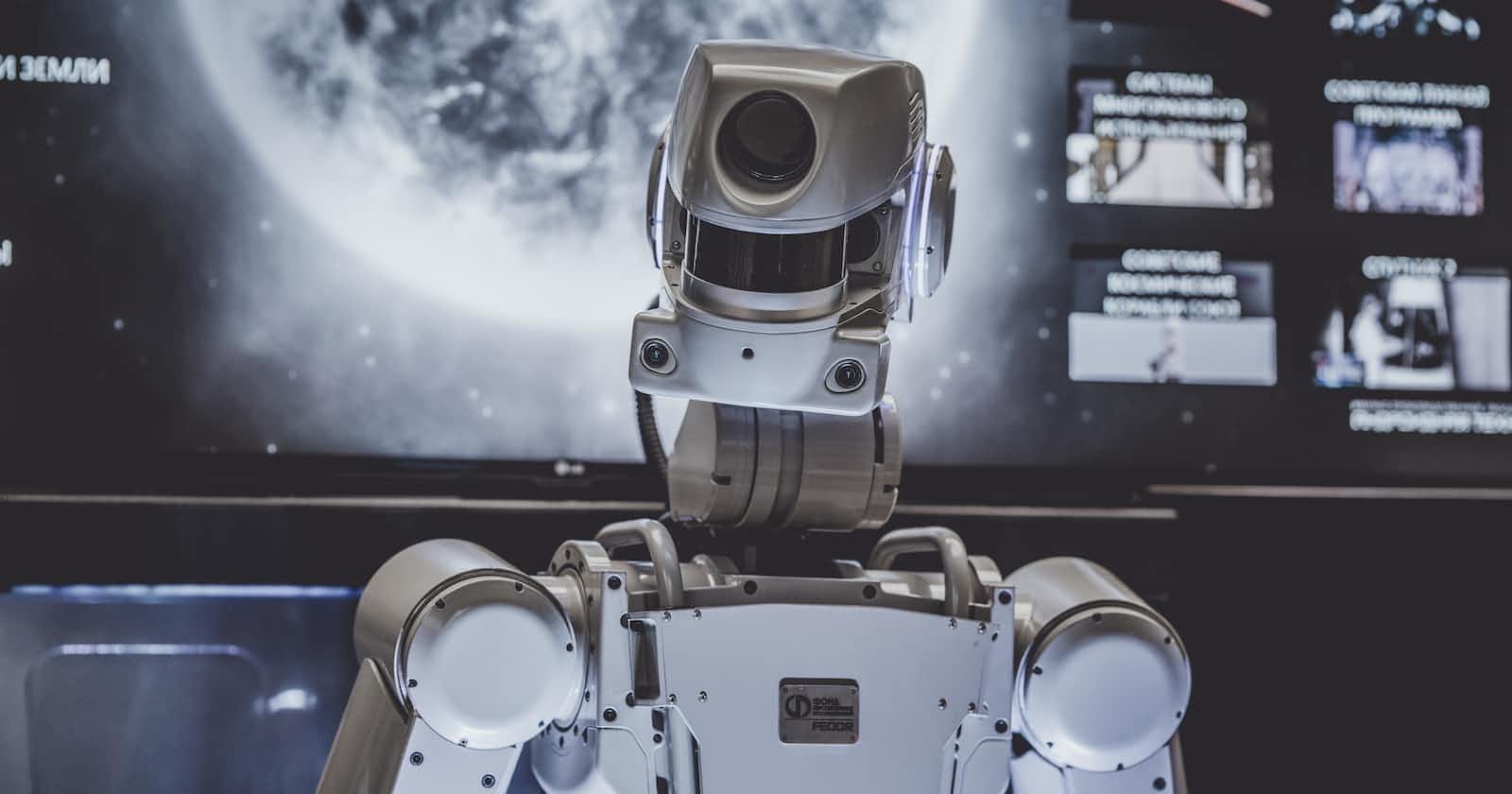
AI: Past, Present, and Job Prospects
Unleashing the Power of Artificial Intelligence: A Journey from Past to Present and Its Implications for the Job Market.
Introduction
AI has been around for many years, but with the release of OpenAI's ChatGPT, AI has become the new big thing not only in tech but also in various other fields worldwide. In this article, we will explore the growth of AI from its early stages to its current state, and how it is expected to continue evolving in the upcoming years.
History of AI
The concept of AI dates back to ancient times when myths and legends often spoke of automatons or machines capable of human-like tasks. However, the formal field of AI emerged in the 1950s, with the development of the Turing Test by British mathematician Alan Turing. This test aimed to determine whether a machine could exhibit intelligent behaviour equivalent to that of a human.
In the 1950s and 1960s, early AI research focused on rule-based systems and symbolic reasoning. However, progress was slow due to the limited computational power of computers at that time. It wasn't until the 1980s that AI saw significant breakthroughs with the development of machine learning algorithms, which enabled computers to learn from data and make decisions based on patterns and examples.
Recent Advances in AI
In recent years, AI has advanced rapidly, powered by advancements in computing power, data availability, and deep learning algorithms. Deep learning, a subset of machine learning, has enabled AI models to analyze vast amounts of data, recognize complex patterns, and make accurate predictions.
Today, AI is integrated into various industries, including healthcare, finance, transportation, and entertainment. For instance, in healthcare, AI is used for diagnosis, personalized treatment plans, and drug discovery. In finance, AI is used for fraud detection, risk assessment, and trading. In transportation, AI is used for autonomous vehicles and traffic management. In entertainment, AI is used for content creation, recommendation systems, and virtual reality experiences.
With the release of powerful tools like ChatGPT, DALL·E, and many more, the capabilities of AI are now accessible to the world. People have witnessed what AI is capable of, which has sparked concerns and panic among some. The impact of AI on jobs is a widely debated topic nowadays.
Impacts on Jobs
The impact of AI on jobs is a complex and evolving topic. While AI has the potential to automate certain tasks and jobs that involve repetitive and routine work, it also has the potential to create new job opportunities and augment human work in many industries. AI can augment human work by improving efficiency and decision-making. For example, in industries like healthcare, AI can assist with diagnosis, treatment planning, and patient care, but human doctors and nurses will still play a critical role in providing compassionate care and making complex decisions. In fields like customer service, AI-powered chatbots can handle routine inquiries, but human agents are still needed for complex interactions and emotional intelligence.
It's important to note that while AI may replace certain jobs, it can also create new opportunities and lead to the development of entirely new industries that we may not even be able to envision at present. Throughout history, technological advancements have disrupted job markets, but they have also led to the creation of new jobs and economic growth.
To adapt to the changing job landscape, it's crucial to invest in education and training to equip the workforce with the skills needed to work alongside AI technologies. Proper planning, investment in education and training, and thoughtful social policies can help mitigate the impact of job displacement and ensure that AI is harnessed for the benefit of society as a whole.
Ethical Considerations
As AI becomes more advanced and autonomous, ethical considerations become critical. Issues such as bias in AI algorithms, data privacy, accountability, and transparency need to be addressed. Bias in AI algorithms can result in unfair decision-making, perpetuate social inequalities, and reinforce discriminatory practices. Ensuring diverse representation in AI development and regular auditing of AI systems can help mitigate bias.
Another ethical concern is the impact of AI on privacy. As AI models process massive amounts of data, there is a need to ensure that personal information is protected and used responsibly. Regulations and policies should be in place to govern the collection, use, and storage of data in AI systems.
The Future of AI
The future of AI is promising, with the potential to continue revolutionizing various industries and transforming the way we live and work. AI is expected to further advance in areas such as natural language processing, computer vision, robotics, and quantum computing. AI will continue to be a driving force behind technological innovations and digital transformation across industries.
Conclusion
The aim of this article is not to instil fear about AI, but rather to raise awareness about its possibilities. AI is a vast field, and I have attempted to cover various aspects of it. It's important to read more about AI and learn how you can be a part of it. There are plenty of job opportunities in the market, and there always will be. It's up to us to improve our skills and ride the wave of AI rather than being scared of it. So, become a part of the AI community, learn, share, and make AI your ally.


